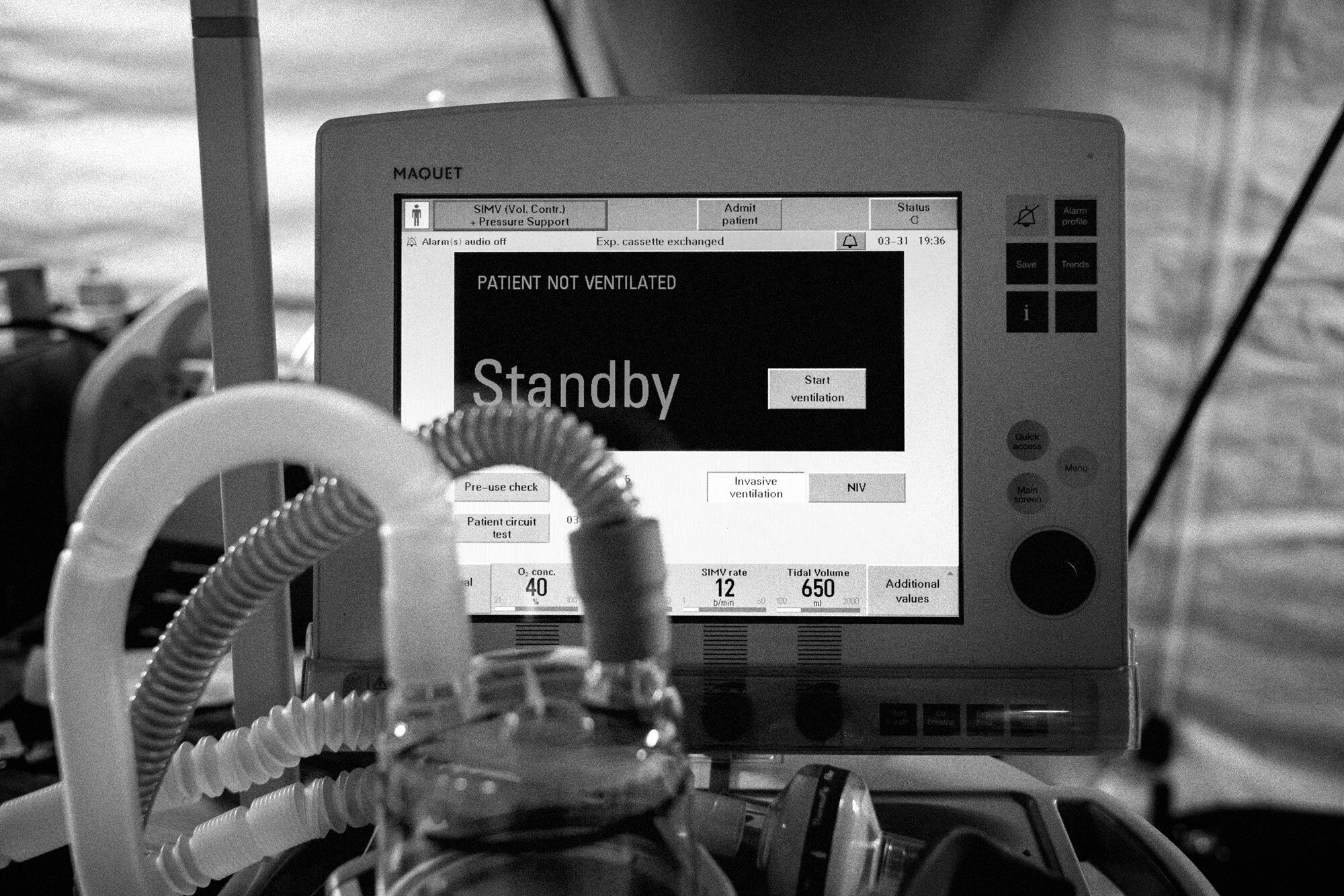https://journals.sagepub.com/doi/10.1177/25152459241268220
Tenure
I was promoted to Associate Professor of Philosophy, effective August 25, 2024.
A guide for epistemology thought experiments
A Guide to Thought Experiments in Epistemology, available now in Contemporary Debates v 3
The purpose of this chapter is to provide a guide for conducting thought experiments in epistemology effectively. The guide raises several considerations for best practices when using this research method. Several weaknesses in the way thought experiments are conducted are also identified and several suggestions are reviewed for how to improve them. Training in these research techniques promotes more productive scholarship in epistemology, saves time and resources wasted on less efficient approaches, and reduces the risk that researchers are fooling themselves when they use thought experiments in philosophy.
The first principle is that you must not fool yourself and you are the easiest person to fool. - Richard Feynman
What should researchers believe?
I think that it would be a good idea for researchers to believe that the claims they publish are right, and that this should be the norm for academic publishing. That’s what I believe + published here: https://journals.publishing.umich.edu/ergo/article/id/3117/
Philosophy and the replication crisis
Should we worry about it? Yes. We should.
New paper at Philosophy and the Mind Sciences explains why: https://philosophymindscience.org/index.php/phimisci/article/view/9193
What does having a moral responsibility mean?
New paper in Philosophical Psychology underlies a lot of my thinking over the years on the subject of moral responsibility and may explain the persistence of many philosophical debates.
Toxic Intentions
This paper takes a look at the Toxin Puzzle and questions whether it really is a challenge to pure voluntarism or supports a reasons constraint on intentions.
Knowledge before Belief
New Position at GMU
This winter I’ll be leaving my position as Presidential Fellow at the University of Manchester to join the philosophy department at George Mason University. Excited to work with such amazing new colleagues and be closer to our family after nearly a decade abroad. I’ll deeply miss the University of Manchester and everyone who helped me in my first few years as a professor. Thank you for your support friends!
New NBCNewsTHINK Opinion Piece
Rising Covid cases means Americans may face health care rationing. Here's how they view that. Academics often debate what the criteria should be for determining who gets care in a crisis, but laypeople never had to think about it. That's changing.






